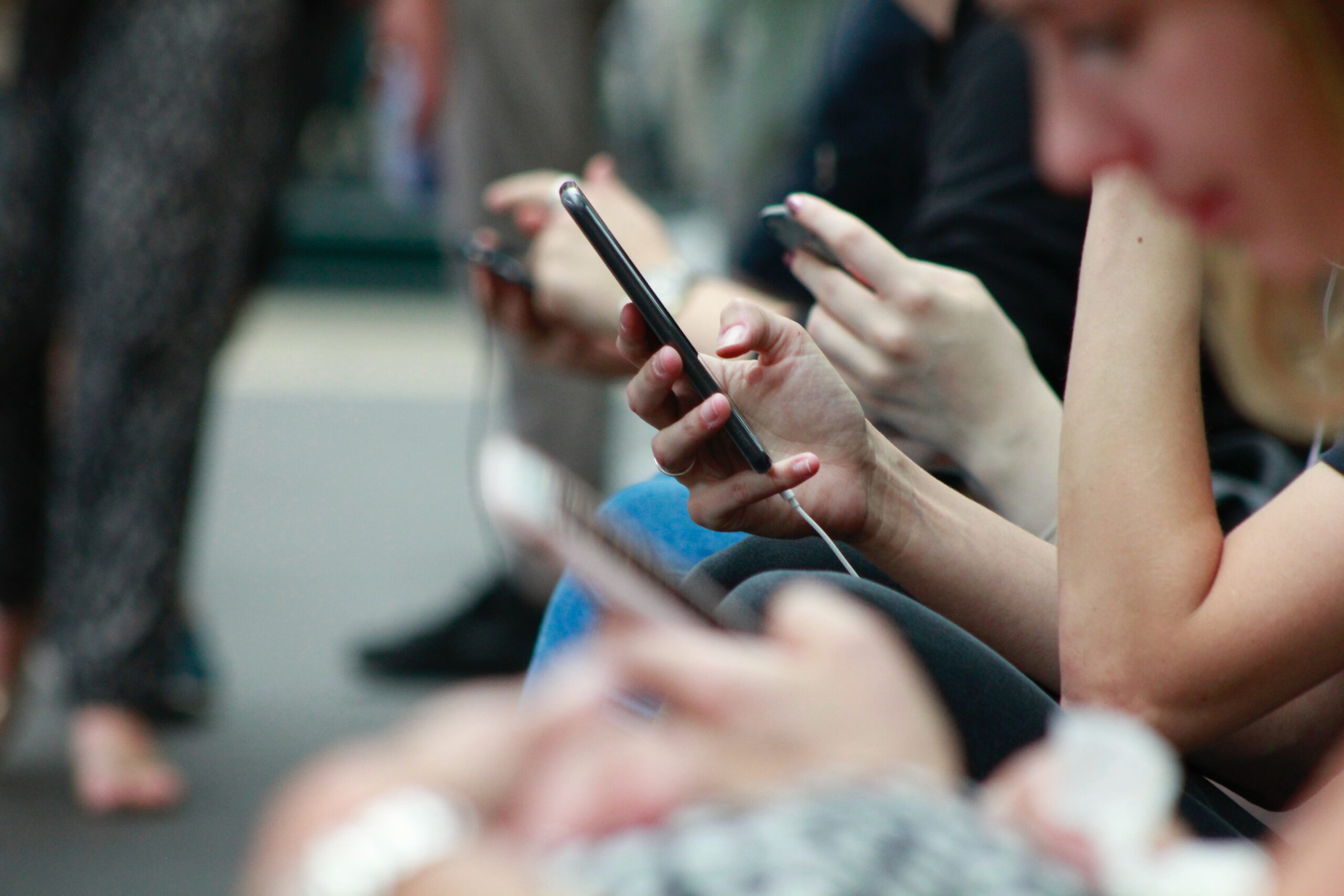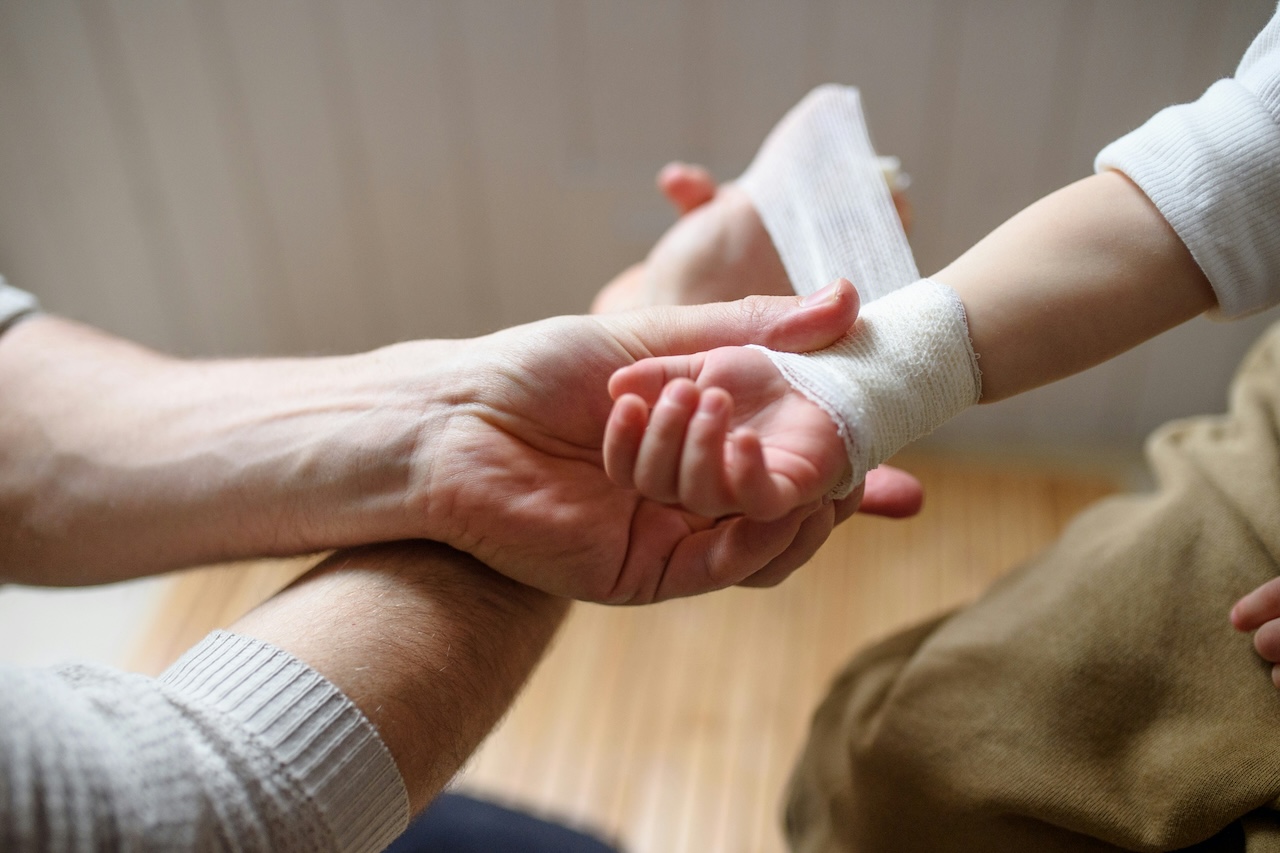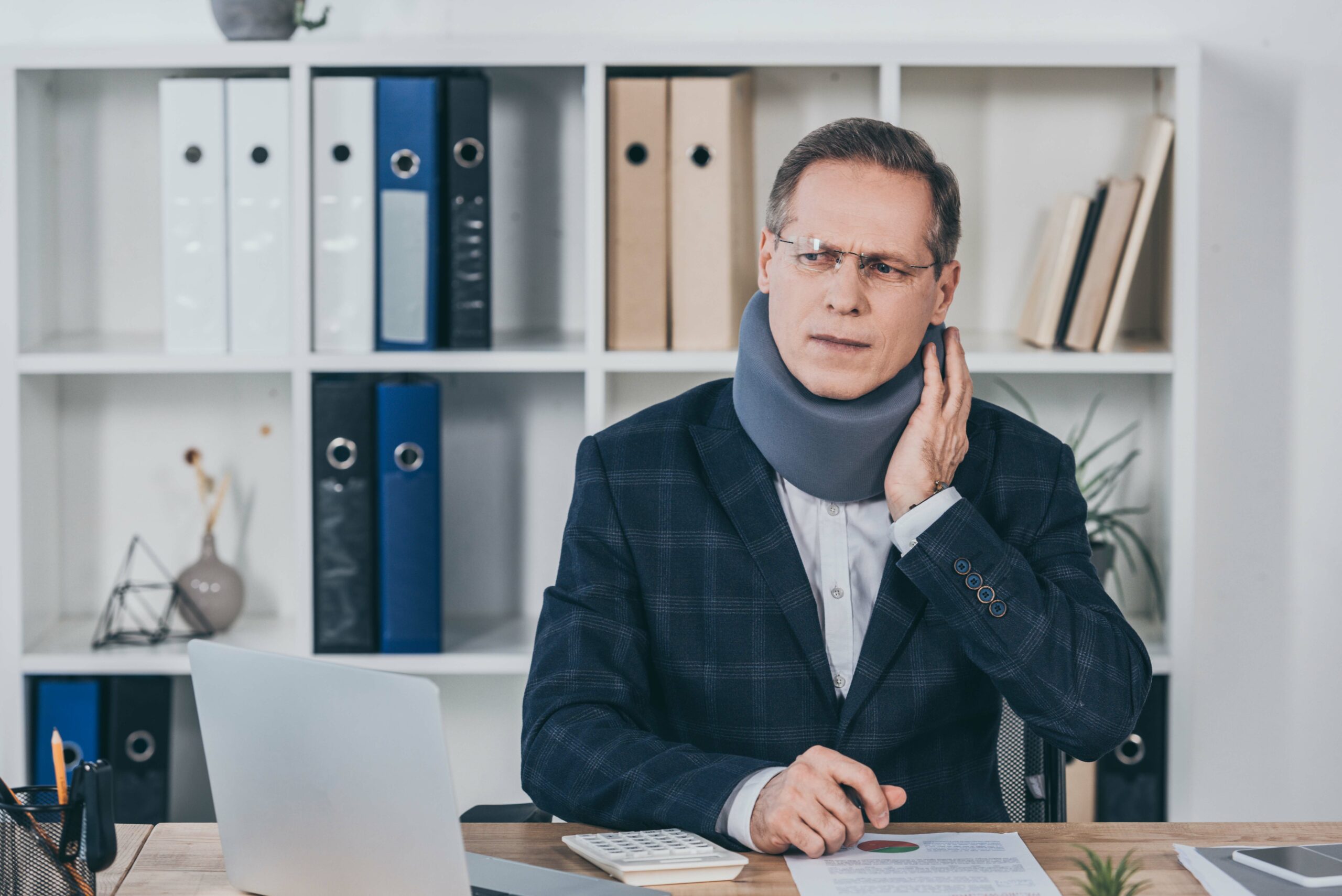Key Takeaways
Exercise Caution with Social Media Usage After a Personal Injury
In the aftermath of a personal injury incident, it is crucial to exercise caution and discretion when using social media platforms. The content you share on social media can potentially be used against you as evidence and hurts your chances of financial recovery.
Even a small social media discovery can jeopardize the legitimacy of your claim and become cause to challenge the severity of your injuries. That is why using social media casually is not recommended when you are planning to file a personal injury claim.
Let’s explore how social media can impact personal injury claims.
Social Media Evidence in Personal Injury Cases
Various parties involved in your case, particularly the insurance companies and their defense lawyers, almost certainly will access your social media profiles to gather information. They may scrutinize your posts, comments, photos, and other online activities to find inconsistencies or evidence that could weaken your claims or portray your injuries and damages in a different light.
Attorneys can gather significant information from your personal and your acquaintances’ social media accounts with the intent to challenge the legitimacy of your claims. Upon filing a lawsuit, insurance companies will most likely conduct thorough searches of your social media profiles and posts to uncover any content that may serve as evidence to hurt your case. Such evidence is commonly referred to as credibility evidence, as it can be utilized to question the accuracy and reliability of the injuries you are claiming.
The defense may highlight your engagement in regular activities, traveling, or hangouts after the injury, which indicates your injuries are not as severe as you claim. They may also collect proof about anything that proves your activities contributed to your injuries or to exacerbating or aggravating them. This is especially important in Virginia with the state’s mitigation of damages rule which may reduce the money you otherwise would receive if you are found to be doing things to hurt or hinder your recovery. And they may exploit any possible avenue to undermine your claim. Bottom line, the defense will do what they can to minimize the amount they must pay.
Picture this – you are a car accident victim with serious fractures. Part of your claim following the accident is that you cannot continue a regular life like you were used to. But after you file your claim, you go on a vacation with friends that you already had planned and you and your friends end up posting pictures of your trip on social media. Even if you had a difficult time on your vacation and did not enjoy the things you would have liked to enjoy had you not been hurt, insurance companies will use any photos of you doing anything, even smiling, as a reason to question how hurt you are and to reduce what they offer you to settle your case. This can make it very difficult, even for your personal injury attorney, to get the insurance company to ultimately offer you a fair settlement.
How to Handle Social Media After a Personal Injury?
When a personal injury case is pending, it is strongly advised to refrain from posting any content on social media platforms that could potentially compromise your case or provide evidence to the insurance company and their lawyers. Even deactivating your accounts until the court proceedings are over is not a bad idea. However, if you cannot bring yourself to deactivate your accounts for an extended period, it is crucial to exercise restraint and limit your social media activities.
Here are five essential steps to follow:
- Enhance Privacy Settings: Utilize the privacy features available on each social media platform to restrict access to your personal information and content to only those you allow to access it.
- Use Caution with Unknown Profiles: Avoid accepting friend requests or following unknown profiles, as other involved parties may attempt to gain unauthorized access to collect personal information.
- Avoid Discussing the Case Online: Refrain from sharing any details about the accident, providing summaries, expressing remorse, admitting fault, discussing pain, damages, or health updates related to the case. Remember, discrepancies in your statements or expressions could be used against you.
- Keep Activities Private: Be mindful not to publicly share photos or information about your daily activities, including attending events or engaging in recreational activities, as such posts can be exploited by the defense.
- Monitor Tagged Posts: Regularly review posts in which you have been tagged by friends. If any posts could potentially impact your case, kindly request your friends or family to remove them promptly.
Do You Need to Show Social Media to The Court?
In certain circumstances, it is indeed possible for the court to issue an order requiring the disclosure of your social media information. If the defendants perceive that you have in fact posted about the incident or your injuries and activities, they may petition the court to compel you to hand over your social media data.
If your accounts are deactivated, the court may want to see them and order you to reactivate the profiles. The court takes the help of third-party servers to see deleted or hidden information. Social platforms like Twitter, Facebook, and Instagram often store data even after deleting posts. So, if the court orders, these social media platforms will share your deleted data.
To ensure that you make informed decisions and protect your rights, we recommend contacting our skilled personal injury lawyers at Huffman and Huffman for a legal consultation as soon as you can after your accident. Contact us today to benefit from our extensive experience and the firm commitment we have to securing the best possible outcome for our clients. Case evaluations and advice following an accident are free so you have nothing to lose!
 Text Us
Text Us  Call Us
Call Us 







